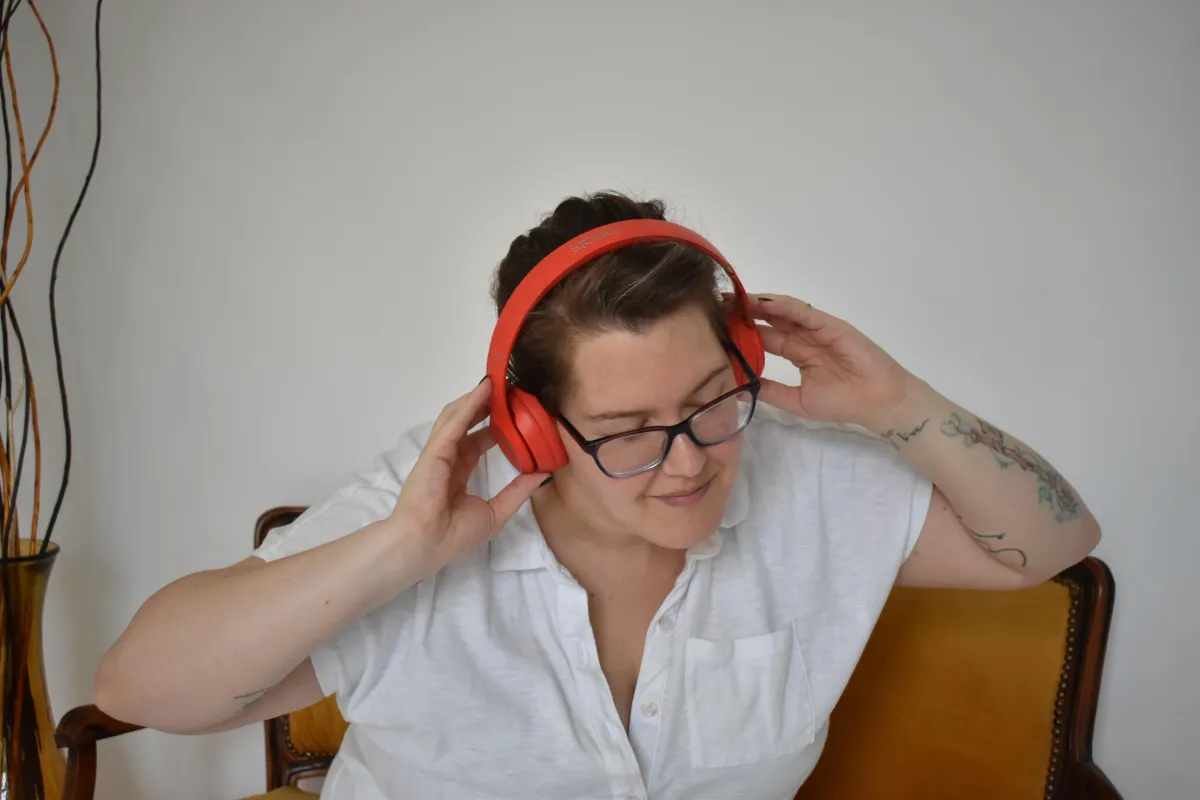
Finding My Spectrum: The Journey of a Late-Diagnosed Autistic Adult at the Crossroads of Canadian Psychology and 2SLGBTQIA+ Intersectionality
Finding My Spectrum: The Journey of a Late-Diagnosed Autistic Adult at the Crossroads of Canadian Psychology and 2SLGBTQIA+ Intersectionality
Discovering that you’re on the autism spectrum as an adult can be a revelation that reshapes your understanding of your entire life. For me, this journey of self-discovery was not initiated by a psychologist's diagnosis but through self-diagnosed reflection, extensive research, and eventual formal assessment. As an autistic adult with high masking autism, navigating this discovery within the context of Canadian psychology, and through the lens of 2SLGBTQIA+ identity and overlap, has been both challenging and liberating.
The Path to Self-Discovery
My path to understanding my place on the autism spectrum was anything but straightforward. Like many, I spent years navigating social complexities with confusion, often feeling out of step with those around me. My adeptness at masking—camouflaging my autistic traits to blend in socially—meant that my struggles were often invisible to the outside world, including professionals.
The turning point came when I stumbled upon a list of traits associated with high masking autism. It was like reading a narrative of my own experiences—intense interests, sensory sensitivities, challenges with social communication, and an overwhelming desire to connect with others, yet not always knowing how. This self-discovered realization led me down a rabbit hole of research, eventually bringing me to the doorstep of Canadian psychology with a desire for validation and understanding.
Navigating Canadian Psychology
Seeking a formal diagnosis as an adult in Canada presented its own set of challenges. The Canadian psychology landscape is gradually becoming more attuned to the nuances of adult autism, particularly in recognizing the diversity of how it presents, such as the often-overlooked high masking autism. However, access to professionals skilled in adult diagnoses remains limited, compounded by long waitlists and significant costs.
Despite these barriers, pursuing a formal diagnosis was important to me for several reasons. It promised access to tailored supports, validation of my experiences, and a formal acknowledgment of my identity that could help navigate accommodations in professional and educational settings. Moreover, it was a step towards embracing my autistic identity openly, shedding years of accumulated masks to reveal my authentic self.
2SLGBTQIA Interconnection
My journey of self-discovery and diagnosis didn't occur in isolation from my other identities. As a member of the 2SLGBTQIA community, I navigated a complex landscape where my gender and sexual identity intersected with my neurodiversity. This intersectionality posed unique challenges but also offered a rich tapestry of community and understanding.The intersection of autism with 2SLGBTQIA identities is an area ripe for further exploration within Canadian psychology. Autistic individuals are more likely to identify as non-heterosexual or gender-diverse, suggesting a unique interplay between neurodiversity and gender-sexual identity. For me, understanding this has been crucial in embracing my full self. It’s a reminder that identity is multi-faceted, and recognizing the ways in which these facets interact is key to self-acceptance and advocacy.
Advocacy and Moving Forward
My late discovery has propelled me into the realm of advocacy, both for autism awareness and for the recognition of the unique experiences at the interplay and overlap of neurodiversity and 2SLGBTQIA+ folks. Advocacy work, particularly in the context of Canadian psychology, is crucial to pushing for more accessible diagnostic services for adults [for which there are very little in Canada right now that aren't behind a massive paywall], greater awareness of high masking autism, and the incorporation of intersectionality into our understanding of autism.
As I continue to navigate my journey as a selfdiagnosed and then formally recognized autistic adult, I am continually learning about myself and how to navigate the world around me. My hope is that by sharing my story, I can contribute to a broader understanding and acceptance of autism, particularly for those who, like me, discovered their place on the spectrum later in life.
Conclusion
Discovering my autism as an adult has been a journey of self-discovery, challenges, and ultimately, acceptance. The process of self-diagnosis, seeking formal recognition within Canadian psychology, and understanding my identity through the lens of 2SLGBTQIA intersectionality has been a complex but rewarding journey. It’s a path that has allowed me to understand my past, navigate my present, and look forward to a future where I can fully embrace all aspects of my identity. For those embarking on a similar journey, know that you are not alone. Your experiences are valid, and your identity is a tapestry of unique colours, each thread contributing to the beautiful whole.
Learn how to work with Cheryl https://www.cherylfolland.ca/pocketcoaching